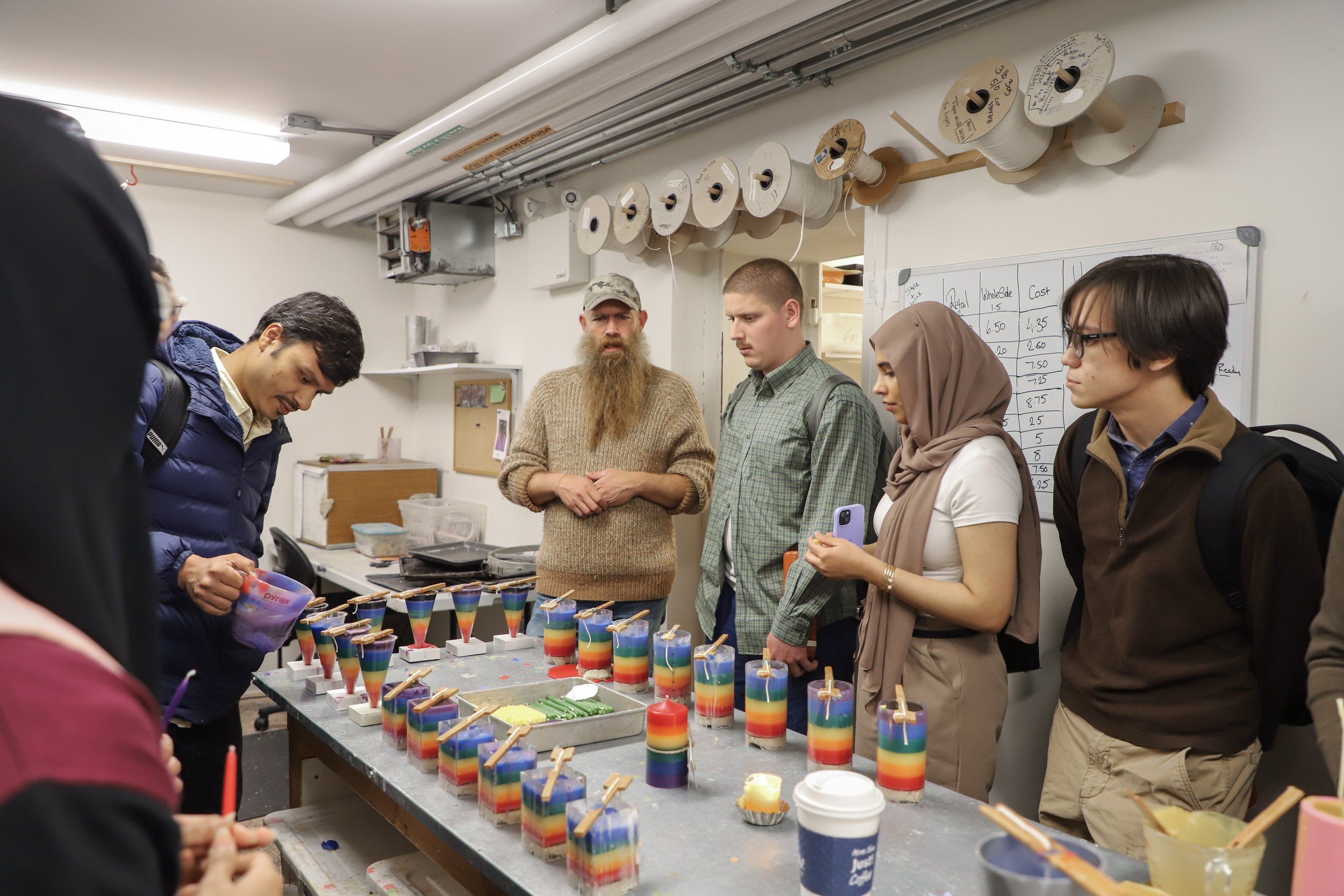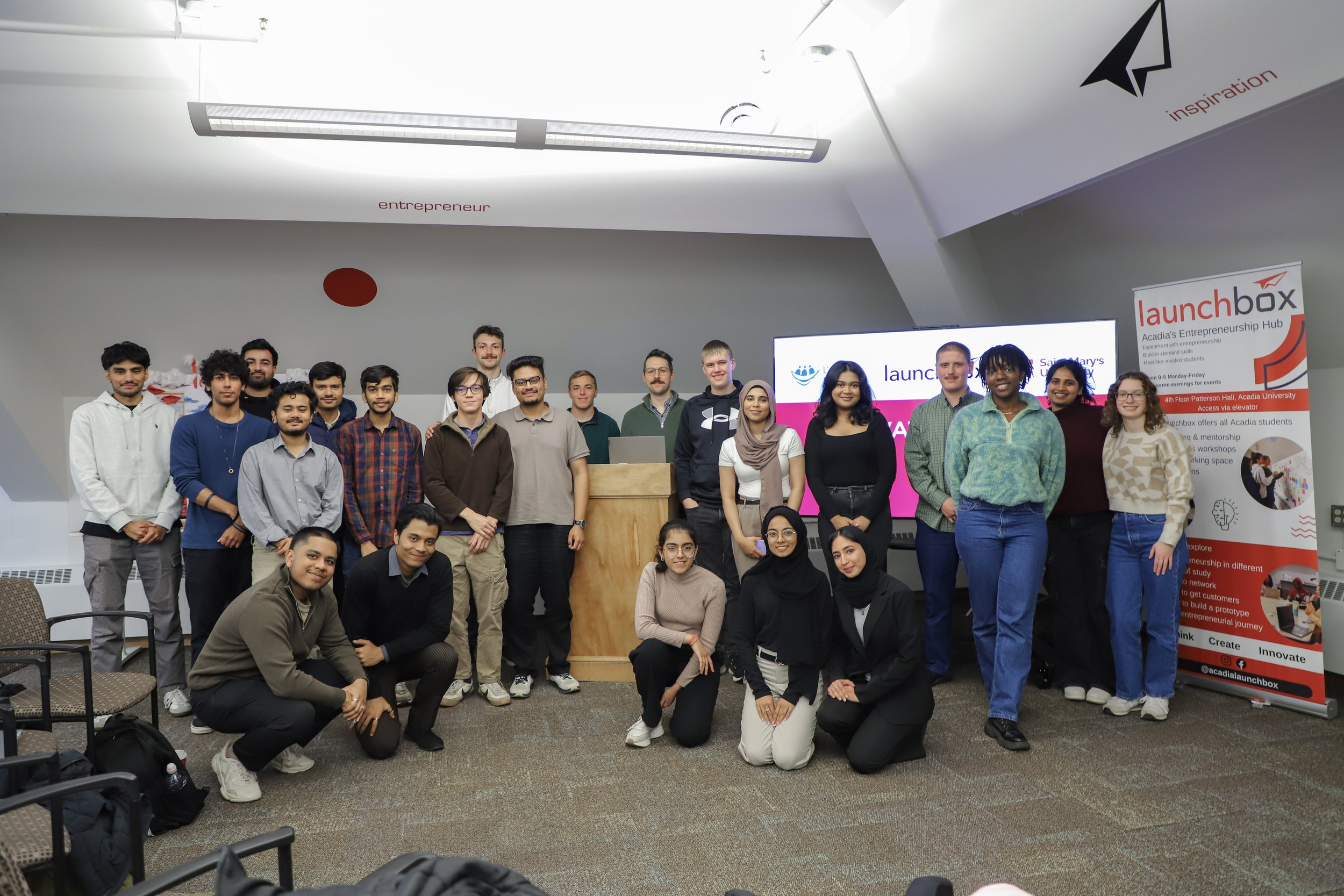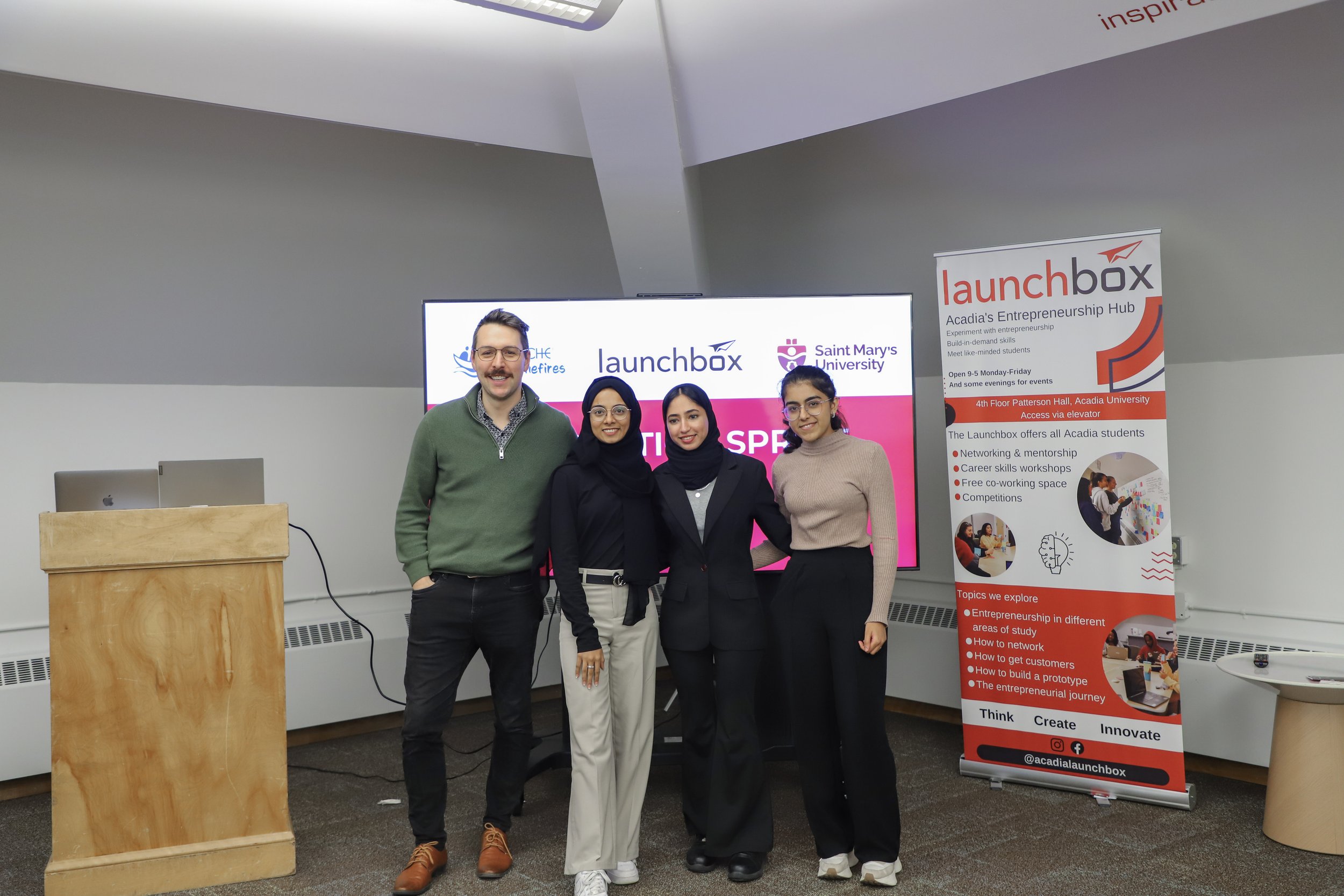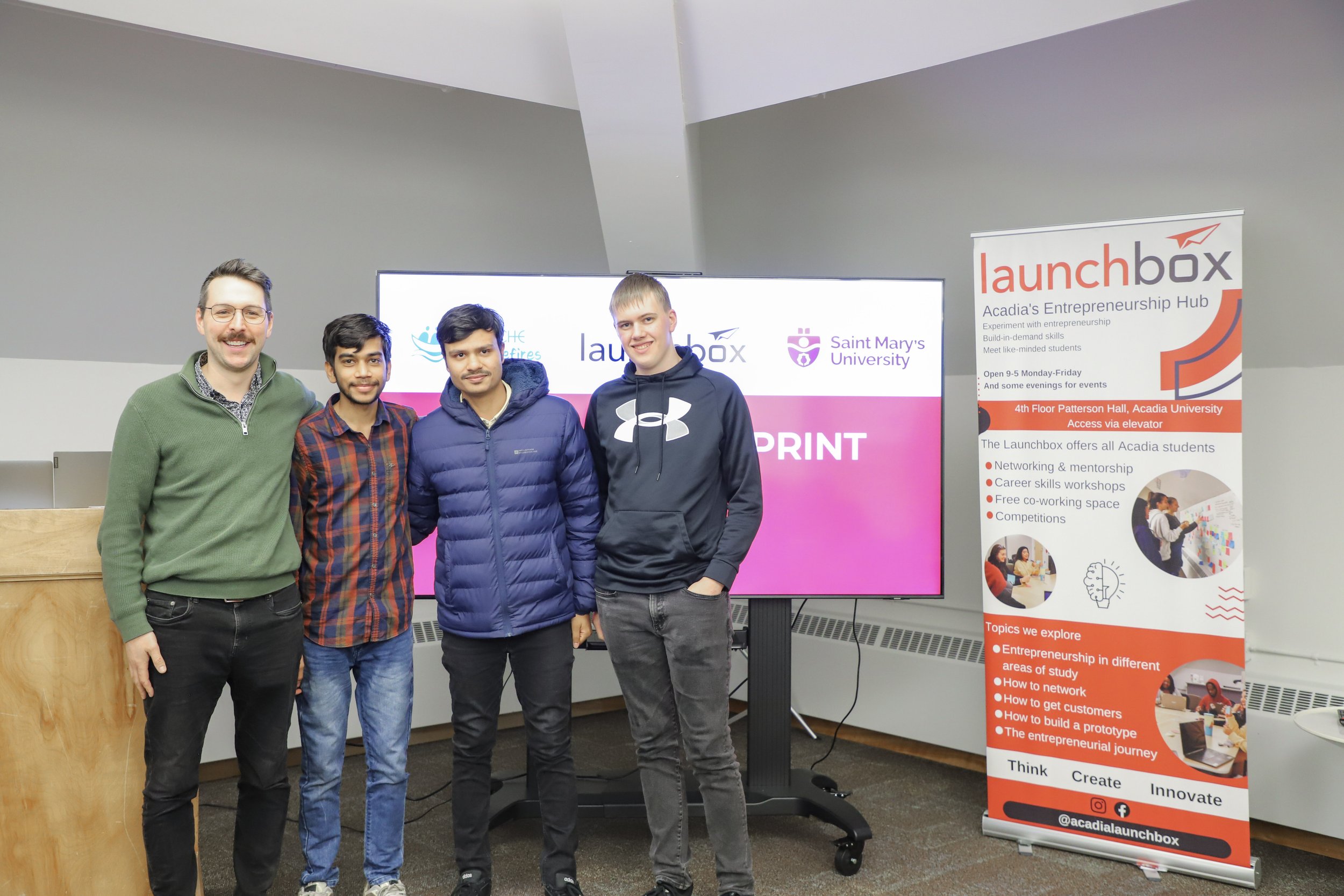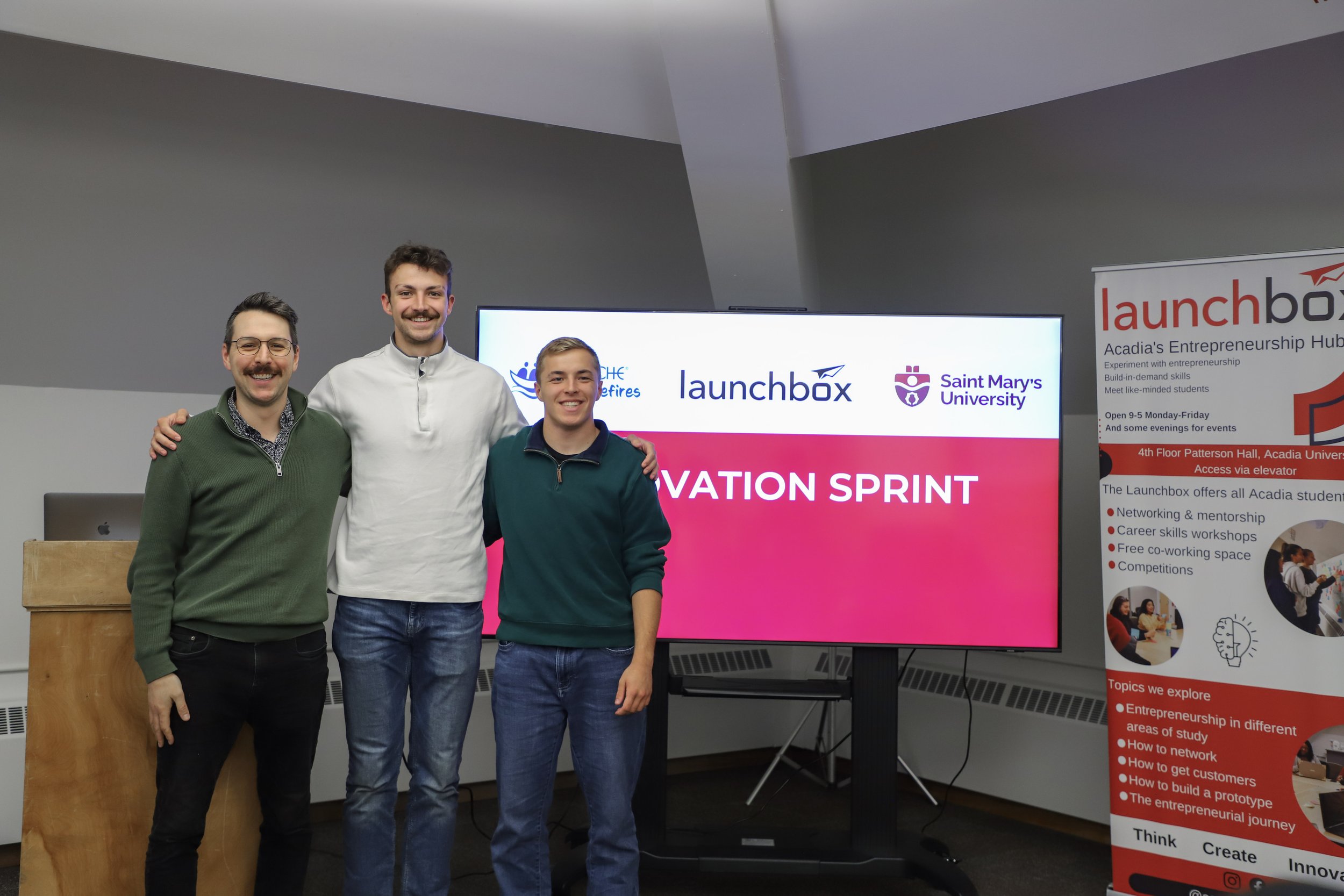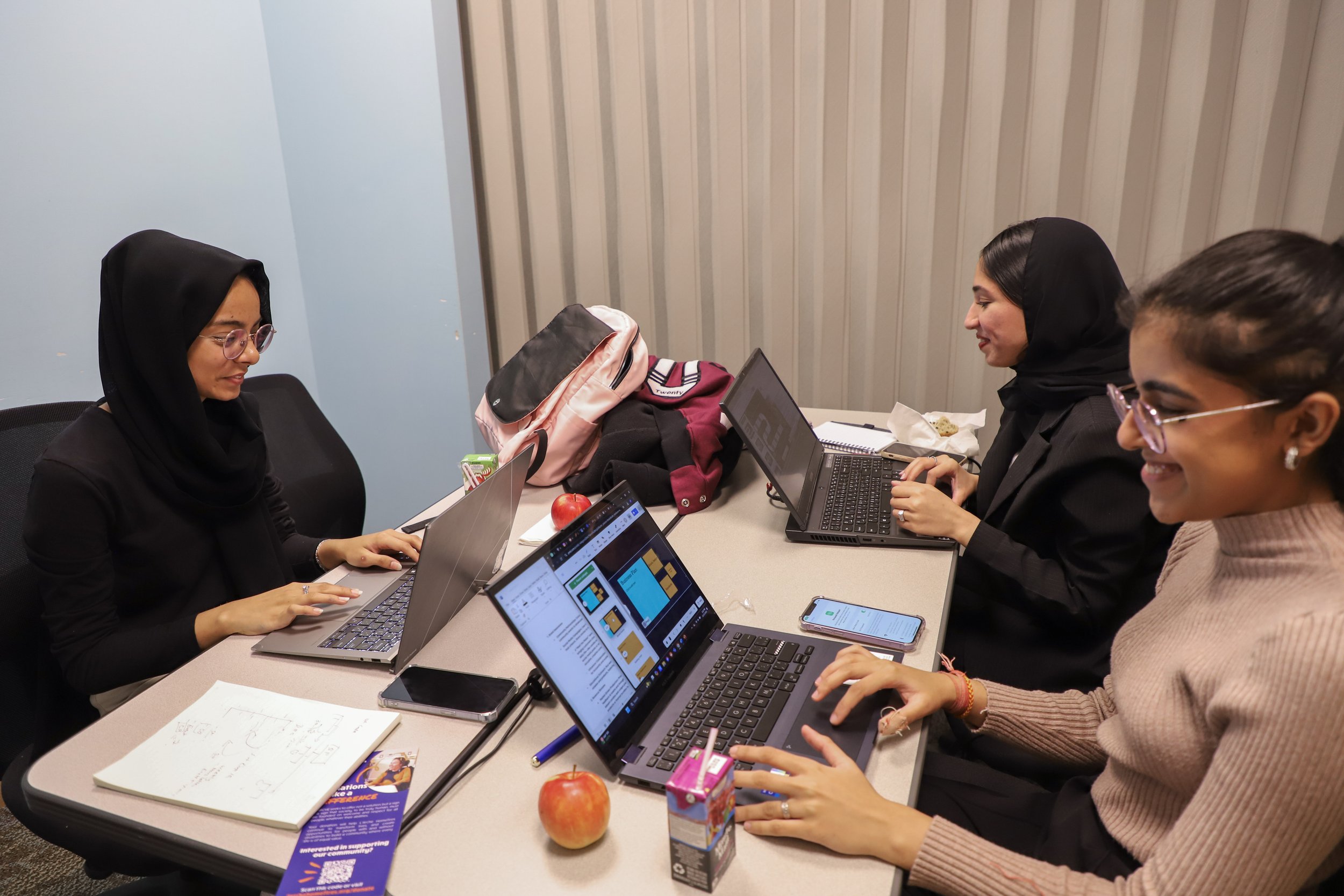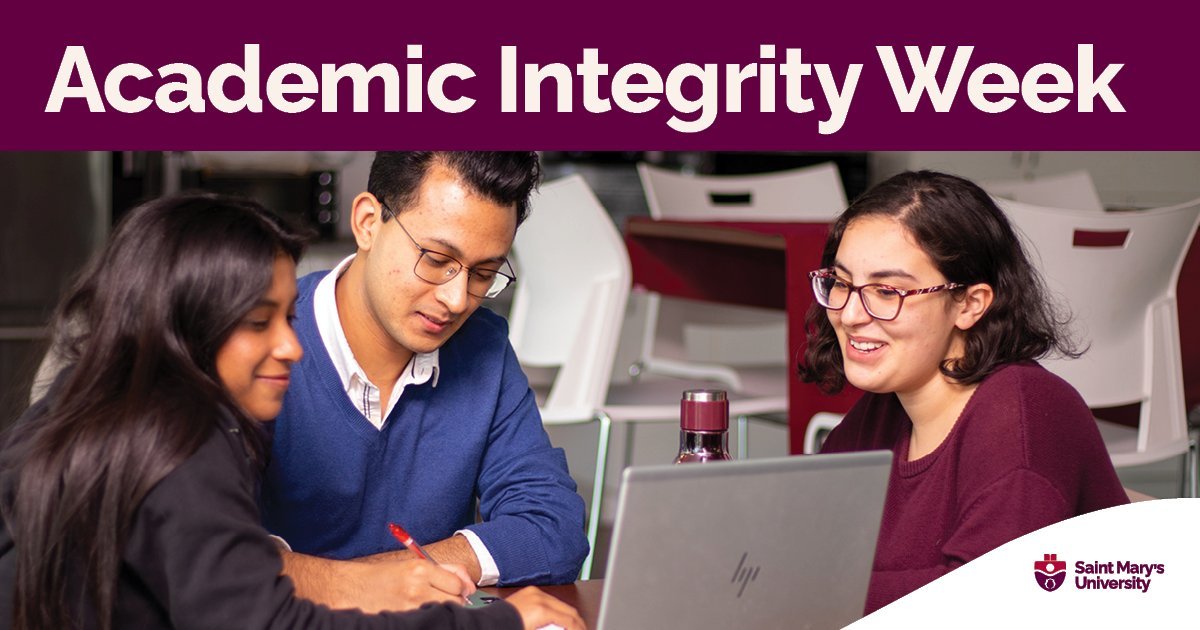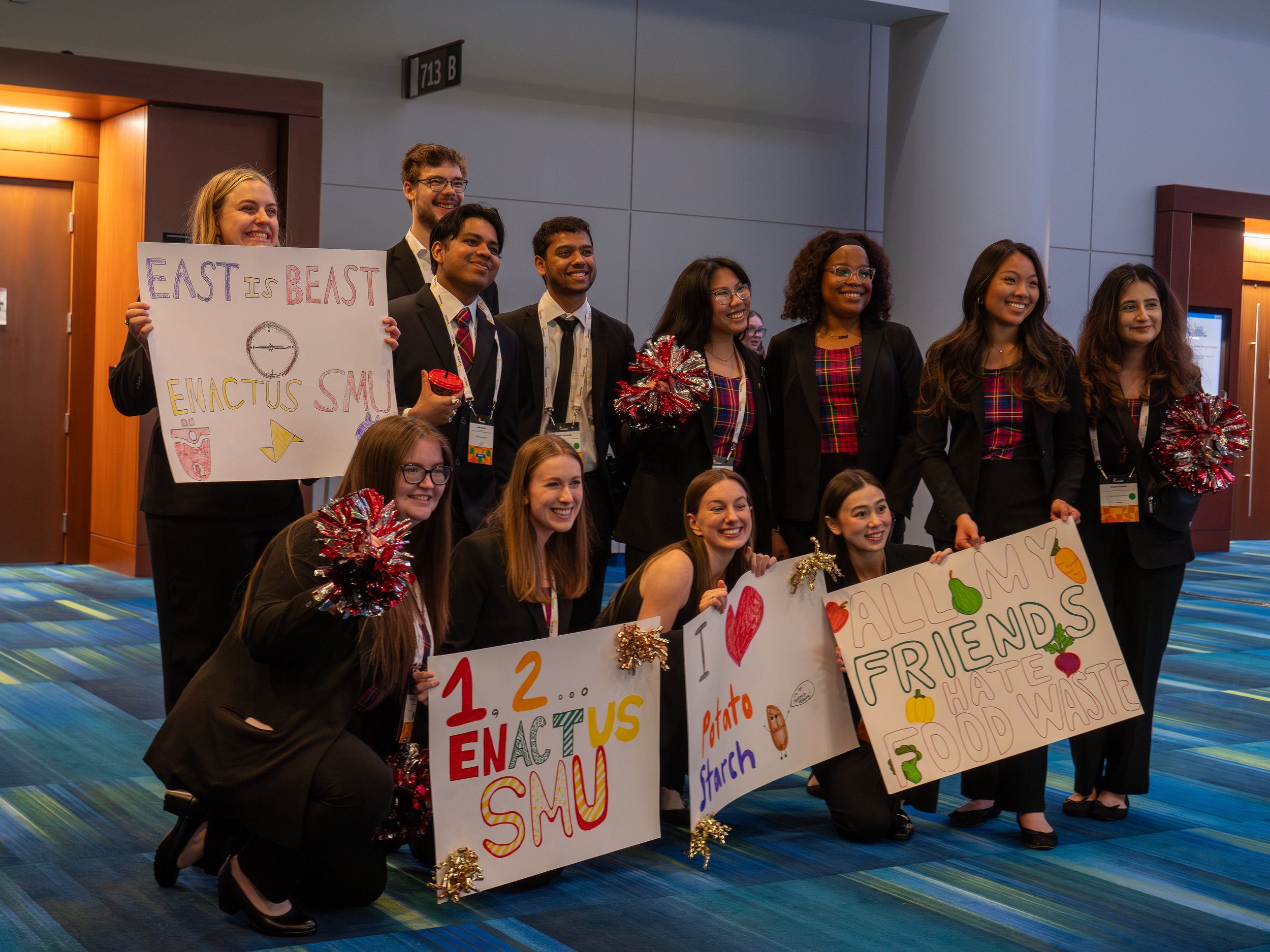BComm student Anubhav Gupta with Bryce Cross
Anubhav Gupta, a Bachelor of Commerce student at Saint Mary’s University, is experiencing firsthand the integration of cutting-edge AI technology in his education. Under the guidance of Sobey School of Business Lecturer Bryce Cross, who heavily incorporates large language models (LLMs) into his PhD research, Gupta and his classmates are getting unique exposure to AI tools like ChatGPT and Copilot.
Large language models (LLMs) have automated many low-end tasks. In finance, LLMs can be used to rapidly sift through vast volumes of text or numerical data to extract valuable insights that would otherwise be nearly impossible to find. Previously, students would manually download data, conduct tests, and interpret results. Now, they can input data into models like ChatGPT and receive answers almost immediately, allowing them to focus on theoretical aspects and implications.
Bryce Cross
“In our financial statement analysis course, we emphasize understanding these tools. Students learn to prove concepts using statistical methods. We’ve known for a long time that markets are efficient in incorporating new information into stock prices, but students can now use an LLM to interpret data and demonstrate concepts like market efficiency in real-time, driving home lessons that were previously somewhat abstract in the minds of students. Integrating LLMs into the curriculum ensures students are well-prepared for the modern workforce,” says Cross.
“Professor Cross loves talking about his research, and he tries to integrate it with the concepts he’s teaching,” Gupta shared. This approach has allowed students to engage with AI in practical ways, such as a bonus point assignment where they used ChatGPT to analyze mystery companies, prompting the model to match anonymous balance sheets to the correct industry. “It was an interesting experience to see how AI and LLMs work and their limitations. You can use it, but you can’t replace the knowledge you’re learning at university,” Gupta explained.
The evolution of data handling: from 1995 to today
In 1995, data handling was a meticulous process. Creating datasets with 3,000 or 4,000 observations was a significant achievement, as databases were manually compiled from documents. For example, to find out Apple’s revenue in 1994, a data provider would manually enter information from SEC filings into a database. These databases were closely guarded and contained extensive information on various topics.
Today, advanced models can process vast amounts of data almost instantaneously, recognizing patterns and extracting relevant information. “This advancement allows researchers to analyze data more efficiently and answer complex questions that were previously very difficult, or impossible, to answer,” says Cross. “At Saint Mary’s University and the Sobey School, we are preparing students to use these advanced tools in the workplace. Embracing these technologies improves efficiency and opens new possibilities for research and analysis,” Cross explains.
Applications for AI in the classroom and workplace
Gupta believes that this exposure to AI will be beneficial in the job market. “I think the job market is still a bit hesitant towards AI, but that will change dramatically as AI progresses,” he said. He emphasized the importance of being able to use AI effectively, noting that while AI might not replace jobs, it will certainly change how tasks are performed. “For example, we can use AI to develop business cases. It helps to start with AI-generated content and then improve and adjust accordingly.”
Anubhav Gupta
Gupta is currently interning at Nova Scotia Power with the business value team. He even found using AI helpful in his role on the student social committee. “I’m throwing an event for interns, and I used Copilot to create a checklist of steps, which made things easier,” he said. Additionally, Gupta has utilized AI for academic purposes, such as preparing presentations and drafting outlines for papers. “Many students use ChatGPT to get a draft structure or outline, which is encouraged by professors,” he noted.
Reflecting on the future, Gupta mentioned a senior professor’s comparison of the current AI revolution to the Internet revolution. “In five years, AI will become an indispensable tool, so it’s good that we’re getting some exposure to it right now as undergraduates,” he said.
As Gupta prepares to graduate with a double major in finance and computing and information systems, he is optimistic about his career prospects. “I’m hoping to work in finance and use my computing and information systems major to supplement my finance knowledge. Fintech is an emerging field that everyone is talking about,” he shared. Gupta is enjoying his time at Nova Scotia Power and hopes to find a full-time opportunity there.
He is also on a path of discovery, having coffee chats with diverse professionals to figure out his ideal future career. “I enjoy finance, and I’m good at it, but I also enjoy working with people, and I want to make a difference.”
When asked about the best part of being a BComm student, Gupta highlighted the community at Saint Mary’s University. “I was involved with the Global Exchange office, Career and Experiential Learning, and various societies like the Commerce Society and Enactus. You find your community here; with that support, there are endless opportunities,” he said. Gupta also found mentors in his professors, who continue to support him.
As AI continues to evolve, students like Gupta are at the forefront, learning to navigate and leverage these powerful tools in their academic and professional lives.




